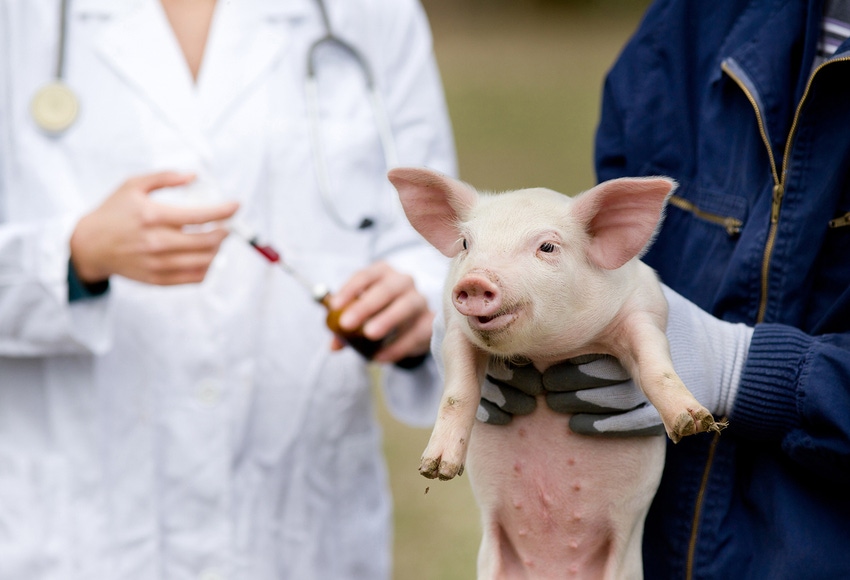$2.4 million to help relieve veterinary shortages
The Veterinary Services Grant Program supports development, implementation and sustainability of veterinary services to relieve veterinarian shortage situations in the United States and insular areas.
April 4, 2017

Source: USDA National Institute of Food and Agriculture
The USDA’s National Institute of Food and Agriculture announced $2.4 million in available funding to relieve veterinarian shortage situations and support veterinary services. Funding is made through NIFA’s Veterinary Services Grant Program, authorized by the 2014 farm bill.
“Veterinarians play significant roles in assuring animal health and well-being, food safety and security, public health, and producer profitability, especially in rural areas of the country where most livestock production occurs,” says NIFA Director Sonny Ramaswamy. “VSGP supports education and extension activities that will help veterinarians, veterinary students, veterinary technicians and veterinary technician students gain specialized skills and provide practices with additional resources.”
The VSGP supports development, implementation and sustainability of veterinary services to relieve veterinarian shortage situations in the United States and insular areas. Grants will be made available on a competitive basis to:
• Establish or expand accredited veterinary education programs, veterinary residency and fellowship programs, or veterinary internship and externship programs carried out in coordination with accredited colleges of veterinary medicine.
• Provide continuing education and extension, including veterinary telemedicine and other distance-based education, for veterinarians, veterinary technicians and other health professionals needed to strengthen veterinary programs and enhance food safety.
• Cover travel and living expenses of veterinary students, veterinary interns, externs, fellows, and residents, and veterinary technician students attending training programs in food safety or food animal medicine.
Eligible applicants for education, extension and training programs include: state, national, allied or regional veterinary organization or specialty board recognized by the American Veterinary Medical Association; college or school of veterinary medicine accredited by the Association of American Veterinary Medical Colleges; university research foundation or veterinary medical foundation; department of veterinary science or department of comparative medicine accredited by the Department of Education; state agricultural experiment station; or state, local, or tribal government agency.
Eligible applicants for rural practice enhancement programs include for-profit or nonprofit entities or individuals operating veterinary clinics in rural areas and veterinarian shortage areas as specified in the request for applications.
The deadline for applications is May 19. See the request for applications for details.
You May Also Like


